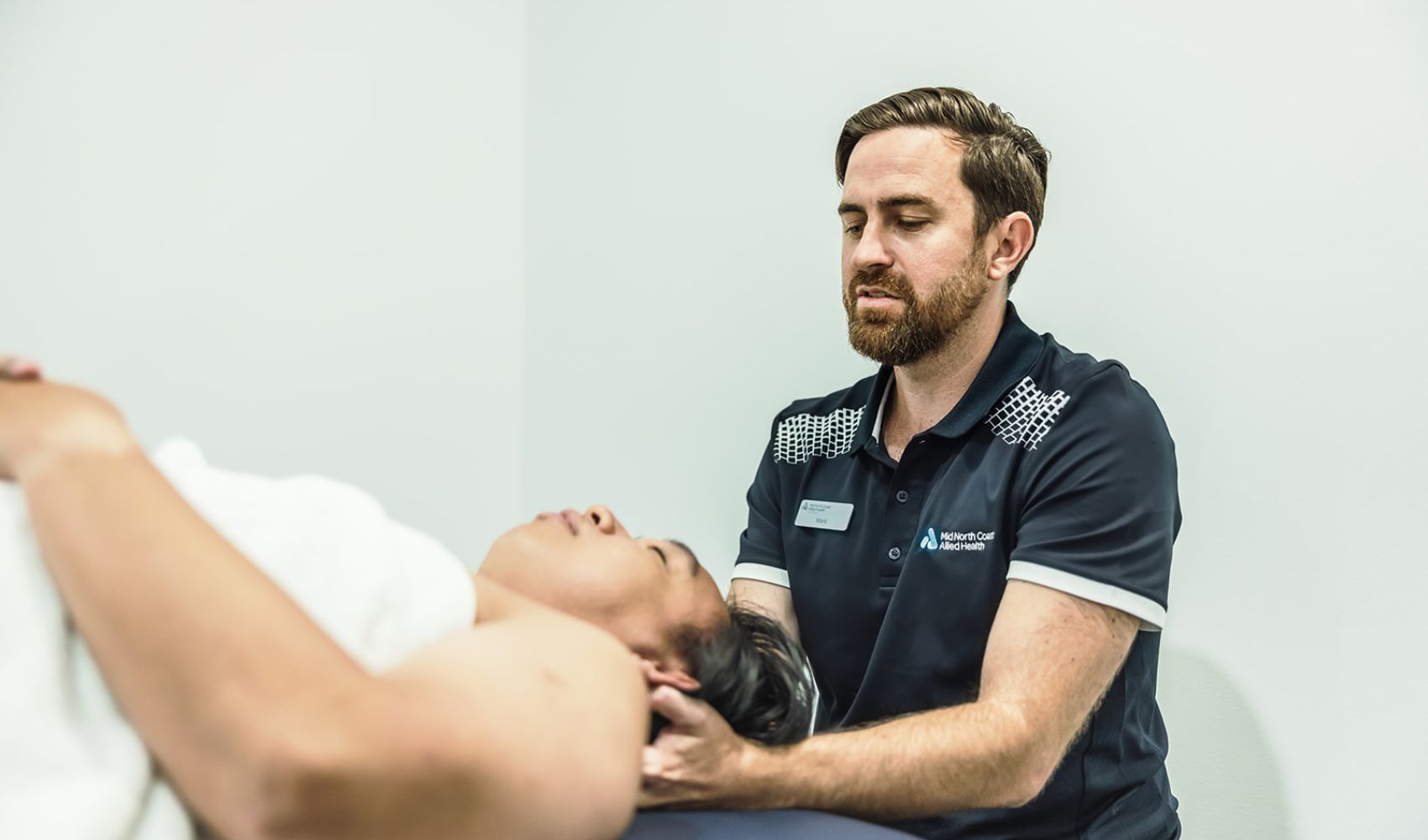Paediatric Physiotherapy & Occupational Therapy
Physiotherapy and Occupational Therapy for kids Mid North Coast
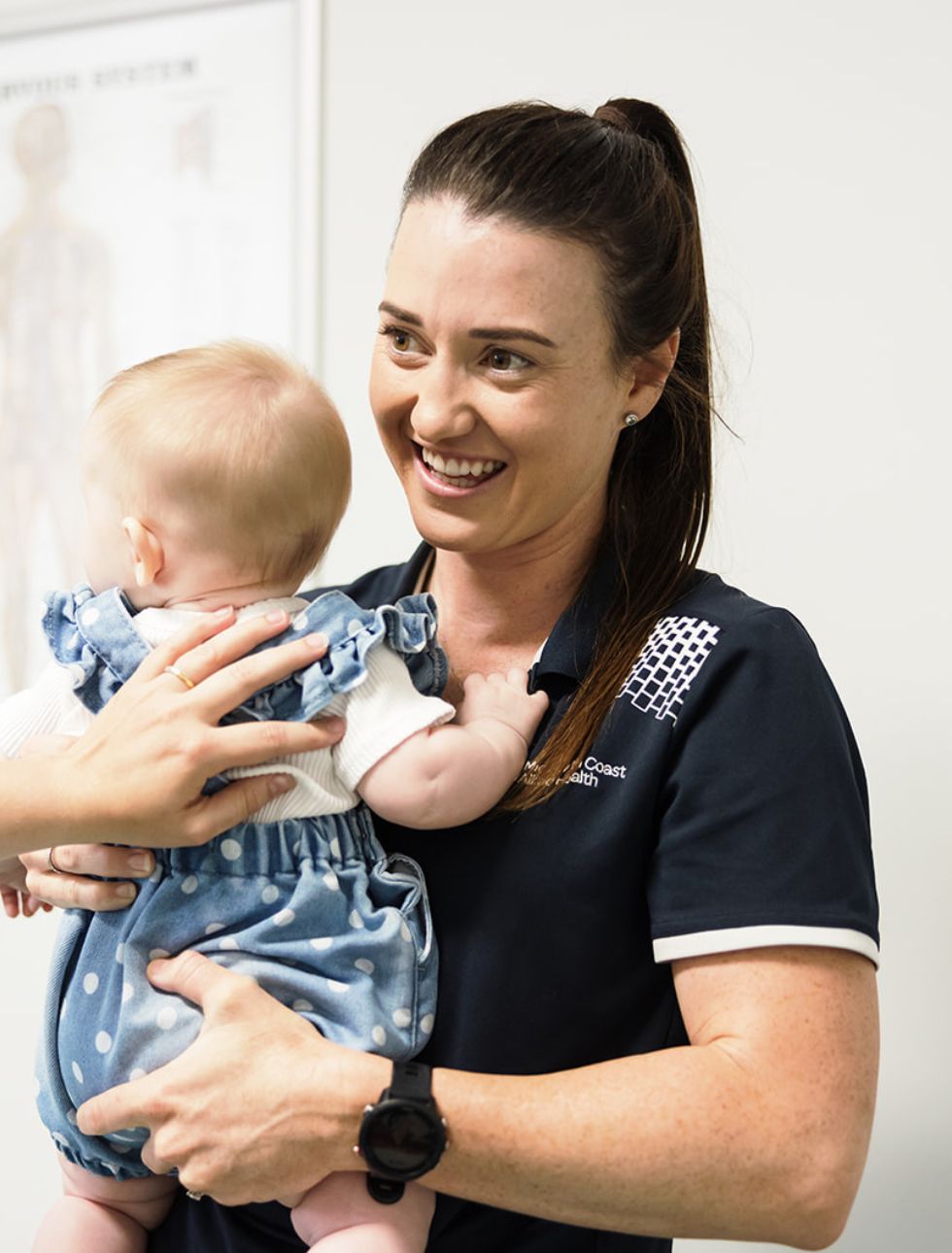
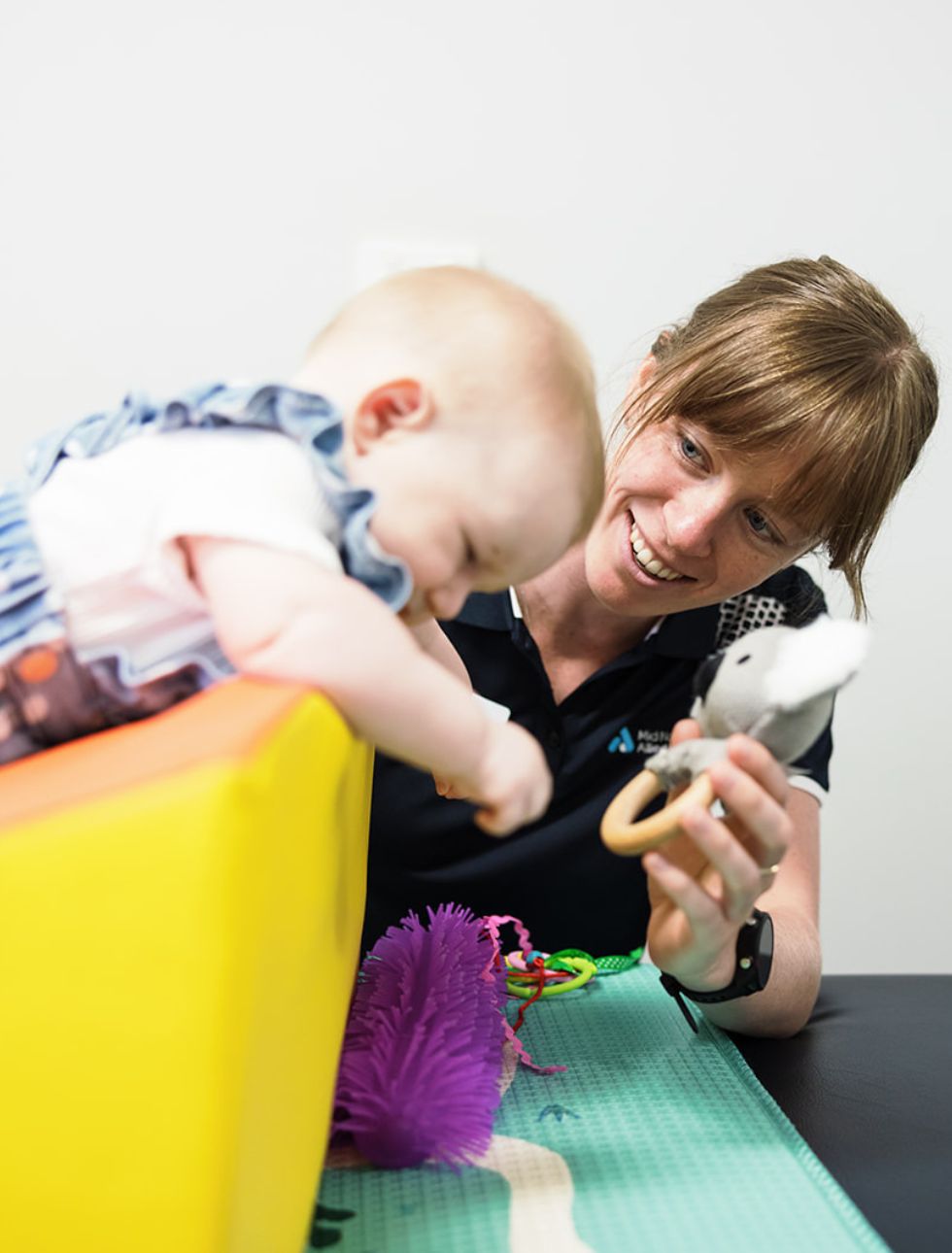
Paediatric physiotherapy (birth to teenage years)
-
Newborn physiotherapy & including ex-premature babies
-
Early intervention
- Goal directed therapy and functional therapy
- Casting and splinting including serial casting and pre and post toxin management
- Equipment prescription including walkers, standing frames, bikes and trikes
- Play based assessments and therapy
- Paediatric assessment for parents with concerns of child’s development
- Age-appropriate developmental screenings and assessments
- Bike/trike assessments and learn to ride programs
- Strength and conditioning programs for children with disabilities
- Clinic visits, home visits, preschool visits, school visits, gym and community visits available
- Work with families, care givers, preschool teachers and primary school teachers for an inclusive approach to reaching goals together
Our paediatric physiotherapists are experienced in assisting children with the following conditions:
-
Cerebral Palsy
- Global Developmental Delay
- Autism Spectrum Disorder
- Seizure disorders
- Trisomy 21/Down Syndrome
- Cystic Fibrosis
- Chromosomal and genetic disorders
- Intellectual disabilities
- Spinal Muscular Dystrophy
- Duchenne Muscular Dystrophy
- Developmental Coordination Disorder/Dyspraxia
- Gross motor delays
- Fine motor delays
- Neuromuscular conditions
- Cardiorespiratory conditions
FAQ
Whether you’re seeking information about paediatric physiotherapy or have questions about its benefits and process, we’re here to help. We aim to provide clarity and address any concerns you may have, so you can make informed decisions about accessing physiotherapy services. Take a look at the frequently asked questions below to find the answers you’re looking for.
What is paediatric physiotherapy? What does it do?
Paediatric physiotherapy is a specialty area of physiotherapy that focuses on providing treatment for children from birth to 18 years of age who have a range of conditions that affect their physical capabilities. Physiotherapists in this specialty use exercises, activities, and games to improve strength, flexibility, coordination, and balance, among other physical capabilities.
Treatment strategies such as developmental play and hydrotherapy may also be employed based on individual needs. Practitioners in this field work with families and caregivers to help children achieve their full physical potential and improve their overall quality of life. Paediatric physiotherapy is provided in various settings, including private practices, hospitals, and educational institutions.
An example of paediatric physiotherapy would be the treatment of a child with cerebral palsy. A paediatric physiotherapist would work with the child to improve their physical abilities and functional skills. This may involve exercises to strengthen muscles, improve balance, and enhance coordination. Through consistent and targeted interventions, the goal is to help the child achieve greater independence in daily activities and improve their overall quality of life
How does paediatric physiotherapy differ from adult physio?
Paediatric Physiotherapy:
While there may be some overlap and shared treatment techniques between the two, paediatric physiotherapy takes into account growth and development and has distinct goals when compared to adult physiotherapy.
- Considers the ongoing growth and development of children;
- Tailors treatment plans to address age-appropriate interventions and the unique needs of growing bodies;
- Focuses on achieving developmental milestones, improving motor skills, and participating in age-appropriate activities;
- Incorporates play-based and child-friendly approaches to create a positive and engaging therapy environment;
- Involves parents and caregivers in the treatment process.
Adult Physiotherapy
Adult physiotherapy primarily focuses on individuals who have already reached their full physical maturity. Treatment plans are designed to address specific adult-related conditions or injuries, such as orthopaedic issues, post-surgical rehabilitation, or age-related changes. The goals of adult physiotherapy typically revolve around restoring function, reducing pain, improving mobility, and enhancing overall quality of life.
How do I know if my child needs physiotherapy?
Recognising the need for physiotherapy in children can sometimes be challenging, as each child’s development is unique. However, there are often certain signs and indicators that may suggest your child could benefit from physiotherapy. To help, here are some recommendations and examples to consider:
- Delayed Milestones: If your child is significantly behind in reaching developmental milestones such as sitting, crawling, walking, or speaking, it may be a sign that their motor skills could benefit from physiotherapy.
- Balance and Coordination Issues: Frequent instances of falls, difficulty with balance, or challenges in coordinating movements may indicate a need for physiotherapy intervention. This can be especially relevant if it noticeably affects their participation in daily activities or sports.
- Orthopaedic Conditions: If your child has been diagnosed with conditions like scoliosis, cerebral palsy, or muscular dystrophy, physiotherapy can play a vital role in managing and improving their mobility, strength, and overall function.
- Rehabilitation after Injury or Surgery: If your child has undergone surgery or experienced an injury that affects their musculoskeletal system, physiotherapy can aid in the recovery process and help restore their range of motion, strength, and function.
- Postural Problems: Persistent postural issues like rounded shoulders, excessive slouching, or problems with alignment may benefit from physiotherapy interventions that focus on improving posture and strengthening the relevant muscle groups.
- Pain or Discomfort: If your child frequently complains of pain or discomfort, especially related to muscles or joints, physiotherapy can help identify and address the underlying causes, providing pain relief and promoting healing.
- Developmental Conditions: Children with developmental conditions like autism spectrum disorder or Down syndrome may benefit from physiotherapy to support their motor development and overall physical well-being.
It’s important to remember that every child is different, so it’s essential to consult with a qualified healthcare professional, such as a paediatrician. A GP or paediatrician can provide a comprehensive evaluation and guidance on whether physiotherapy is appropriate for your child’s specific needs.
Where to find us
If your mobility is impaired, let our team know and they can organise a home visit for you or someone you care for.
The Grange
9A/84 Lake Road, Port Macquarie
Your Life Fitness Centre
180 Lake Road, Port Macquarie
Sovereign Hills
Shop T21/15 Chancellors Dr, Thrumster
Laurieton
16 Laurie Street
Urunga
18 Bonville Street
Coffs Harbour
Sport and Fitness Precinct, within Ace Performance (T Block), 363 Hogbin Dr
Coffs Harbour
1-7 Hurley Drive, World Gym
Woolgoolga
19 Market Street
Moonee Beach
Club Lime, 2B Moonee Beach Rd
Find new ways to move and feel
Mid North Coast Allied Health help many people from all walks of life every year to reach their goals.
With many services on offer let’s find a way to make you feel better.
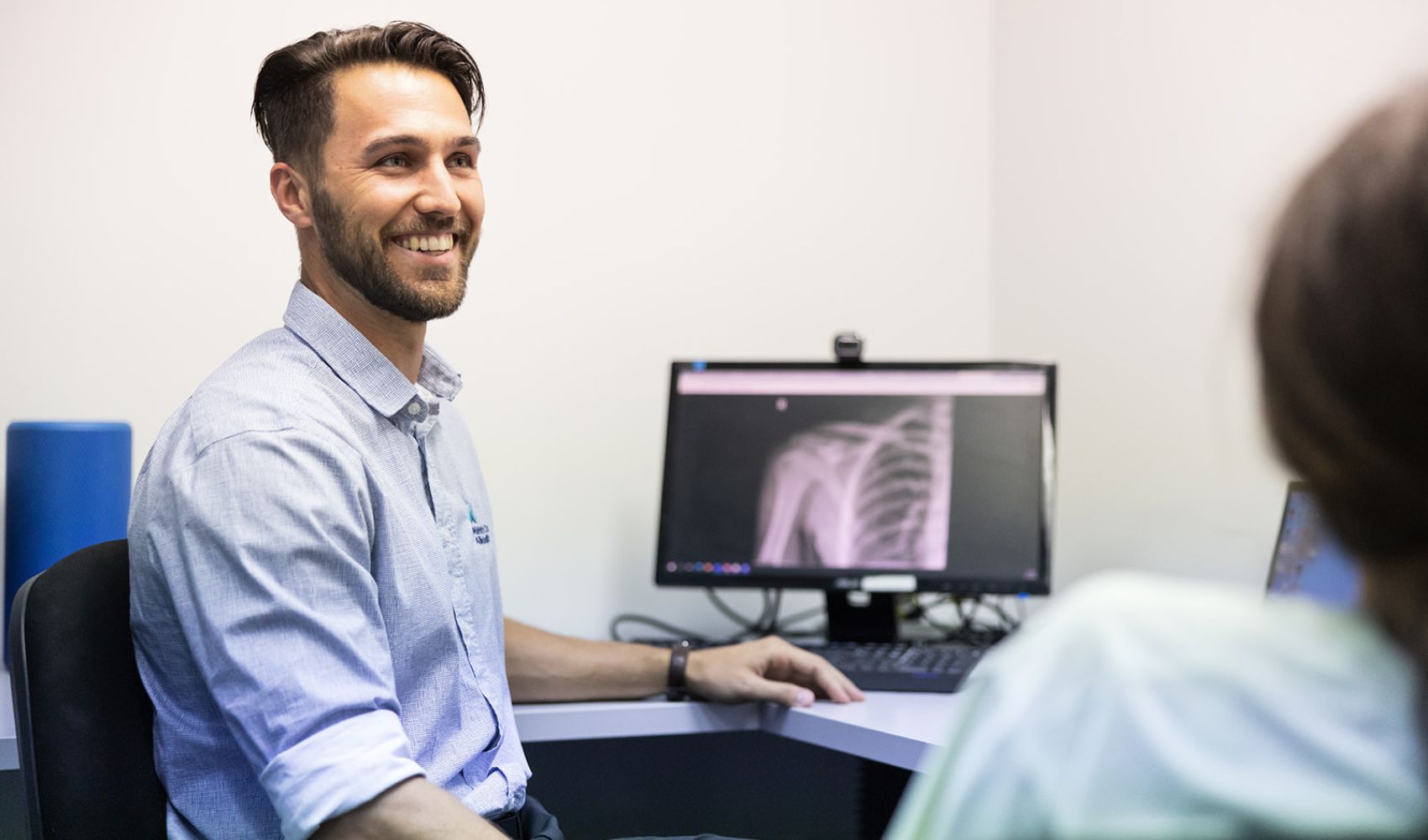
Physiotherapy
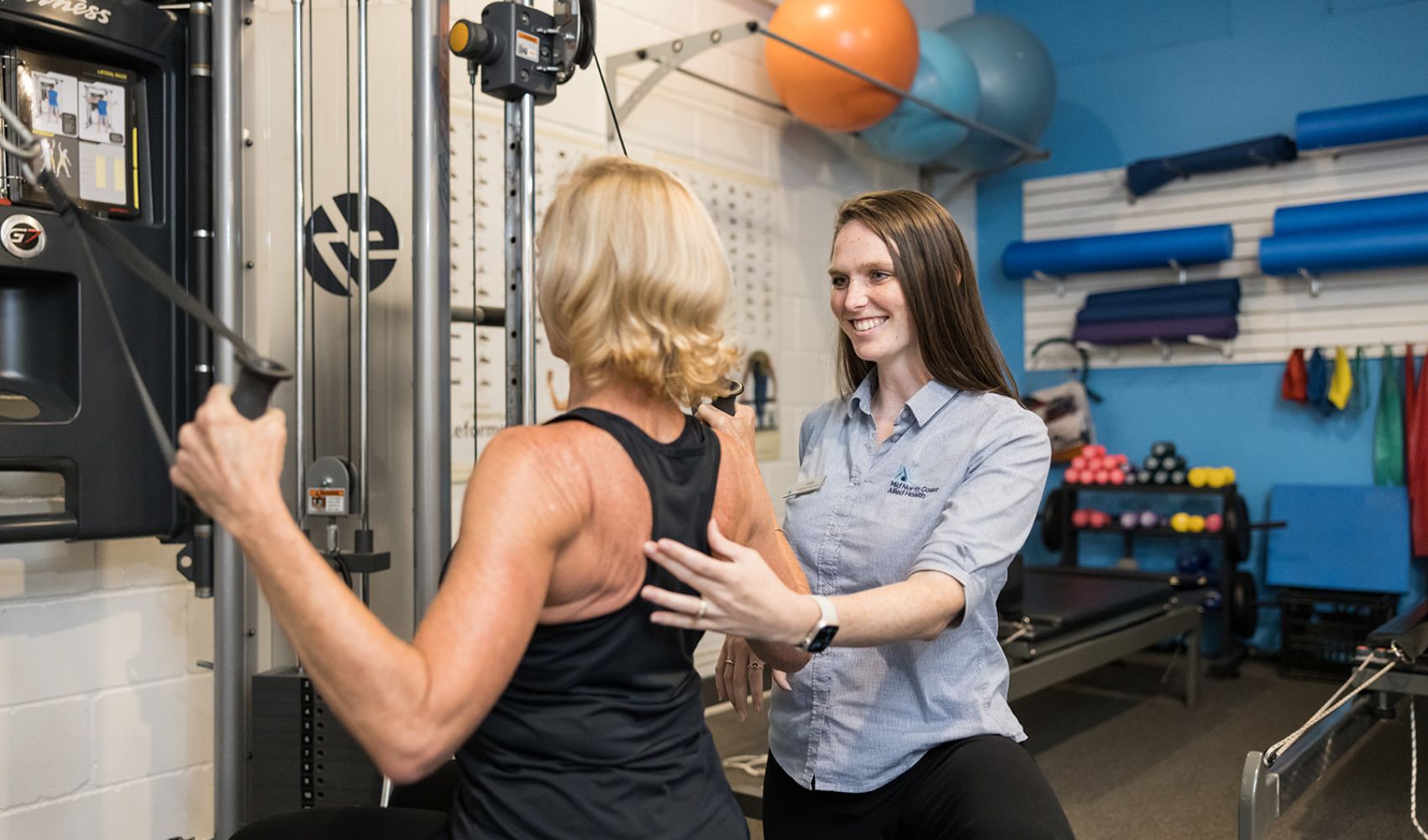
Exercise Physiology
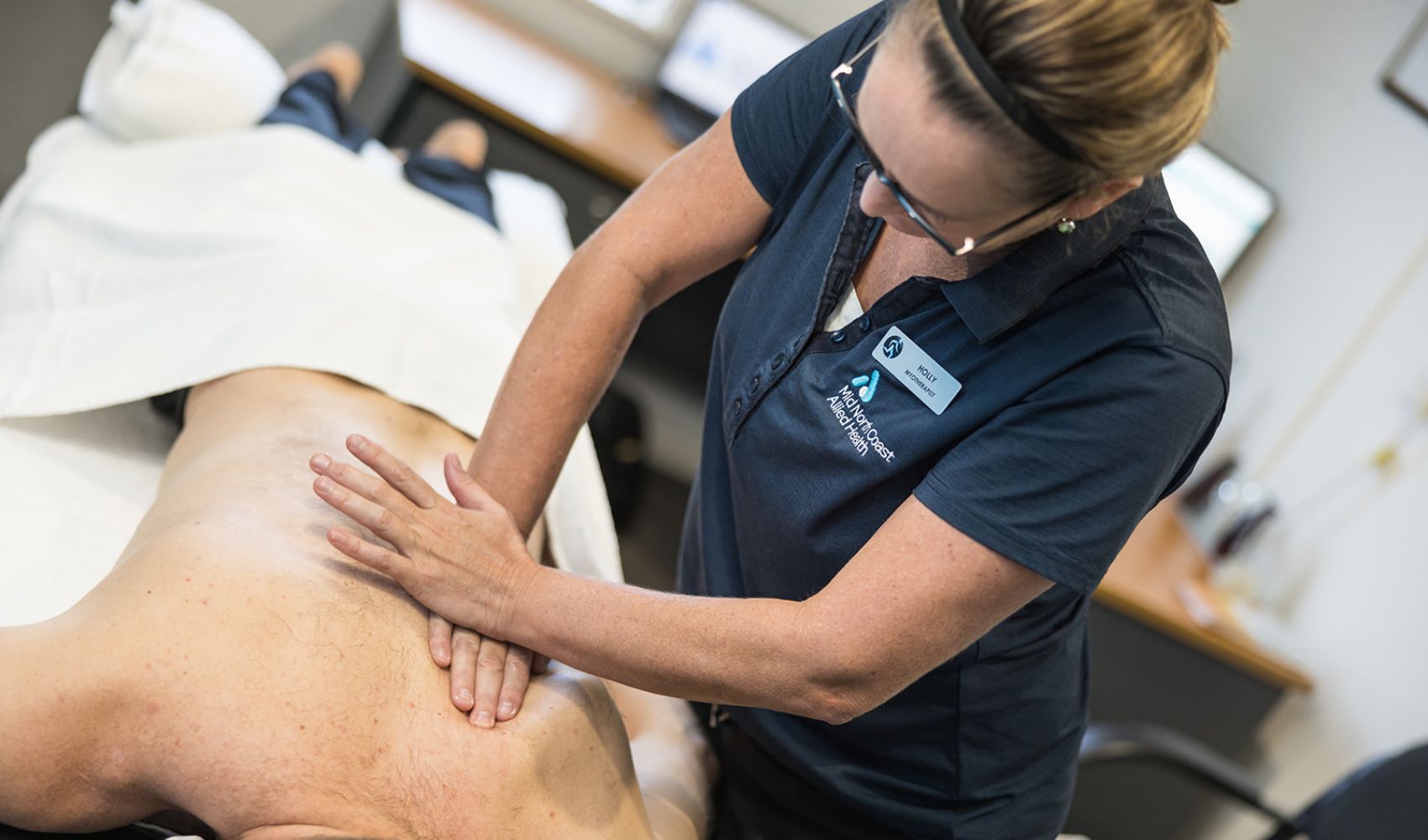
Massage

Women's Health
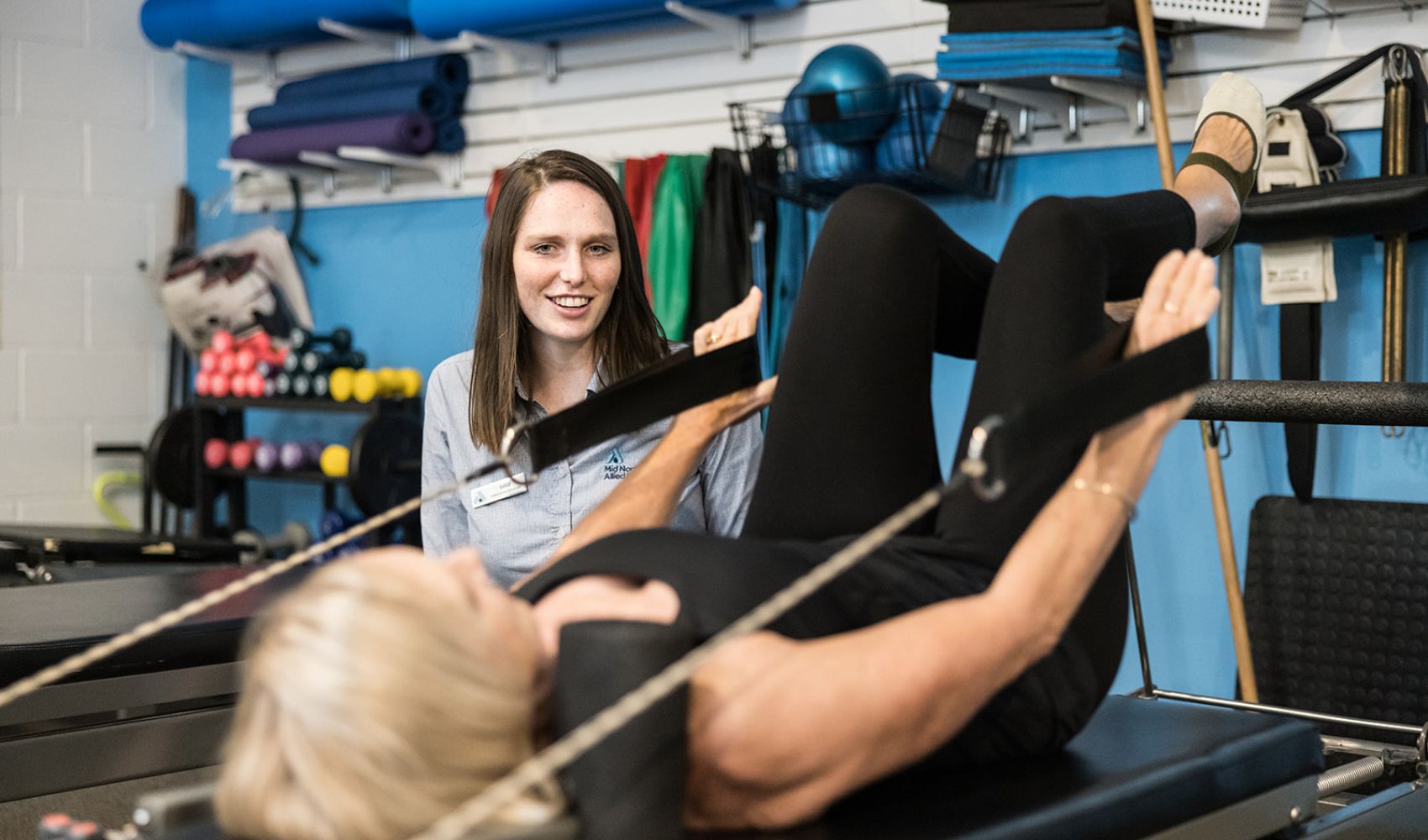
Exercise Class
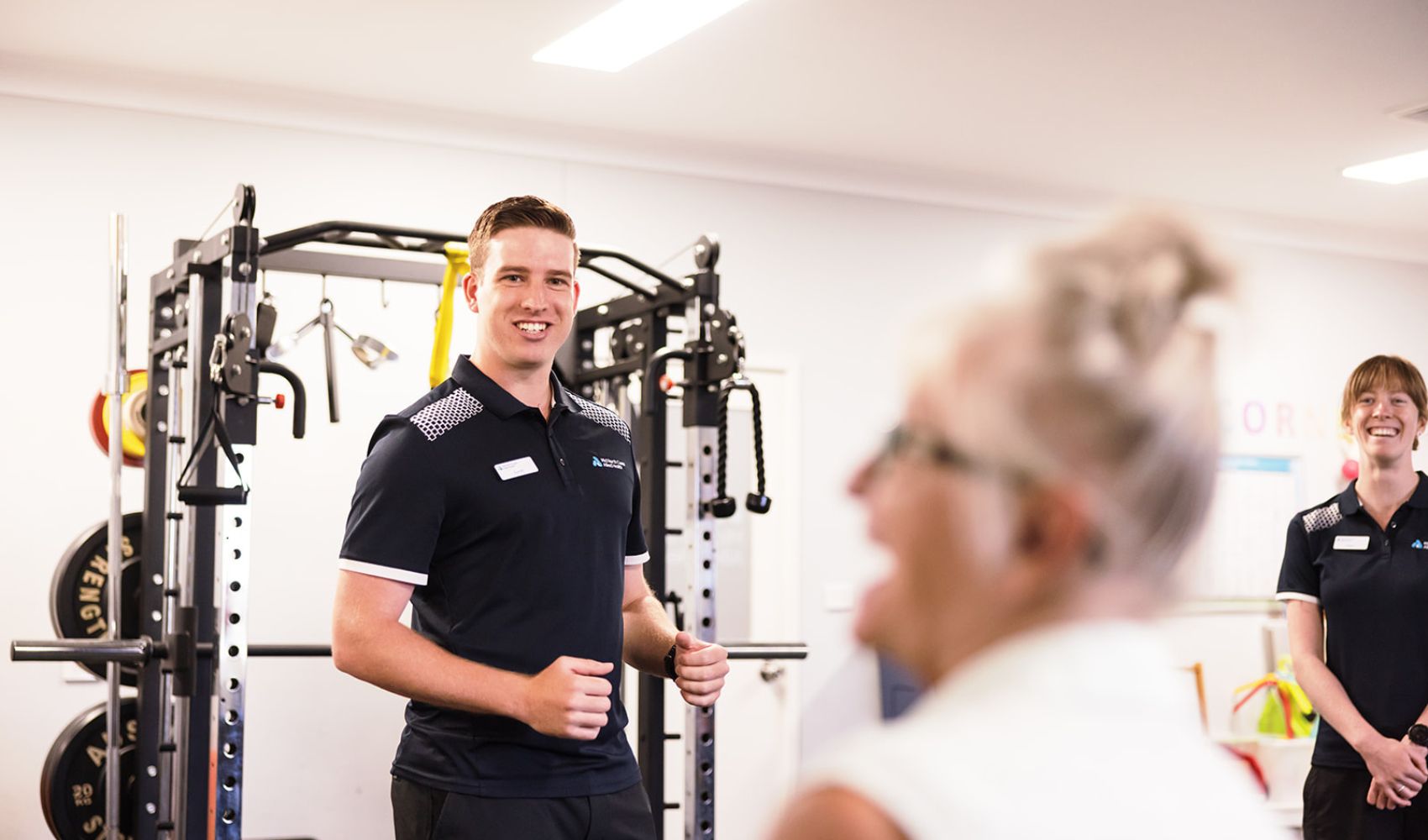
NDIS / Disabilty

Nutrition and Dietetics
